World 24/7: US-North Korea Summit “hangs in the balance”; shocking revelations about 2 plane tragedies
(Baonghean.vn) - Anxiously waiting for the parties' decision on the US-North Korea summit, surprised by the shocking new information about the plane tragedies,... are the range of emotions that the world public has experienced in the past 7 days.
1. Efforts to "save" the US-North Korea summit
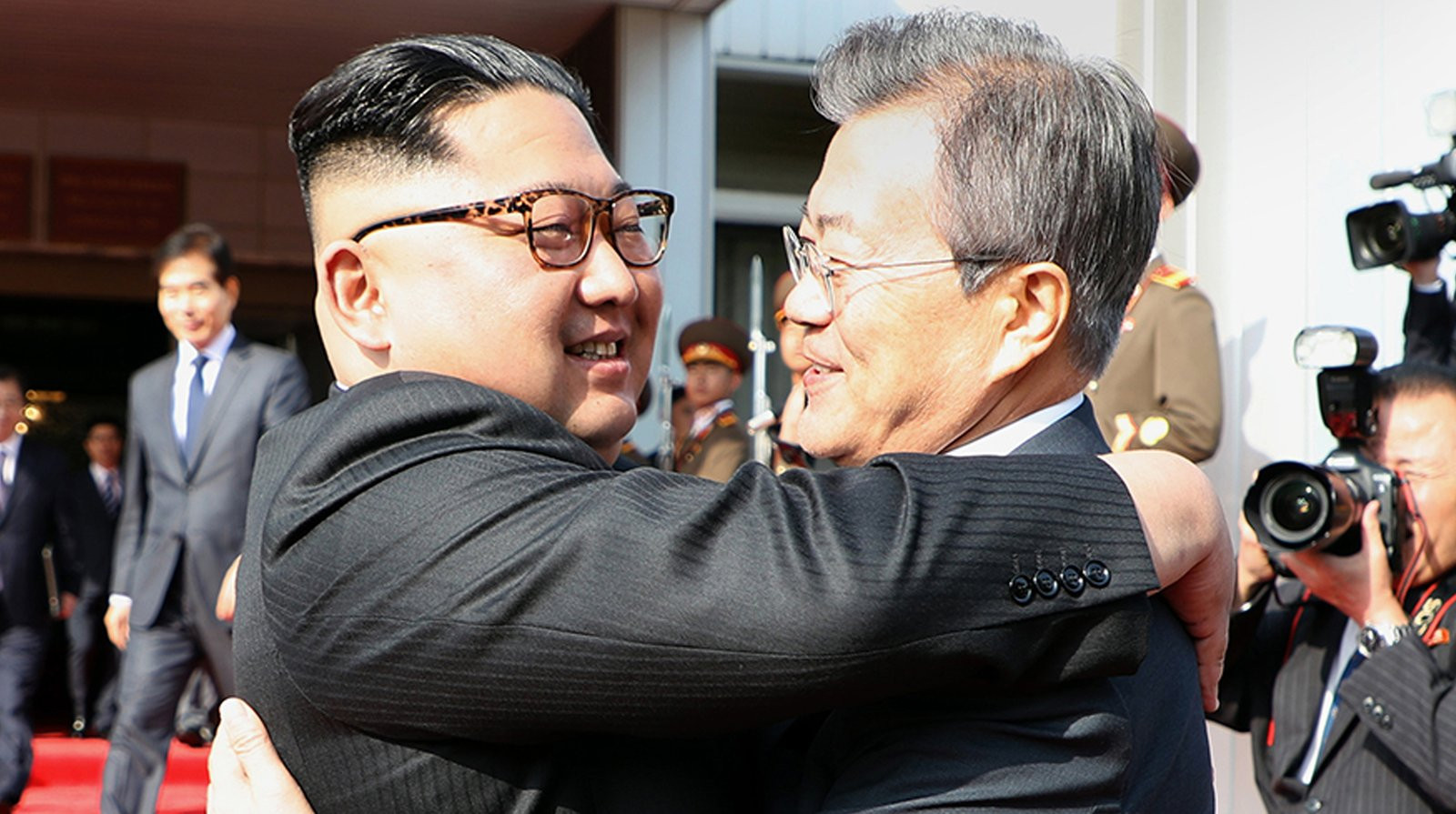 |
| The leaders of North and South Korea unexpectedly met on May 26. Photo: Internet |
On May 24, US President Donald Trump unexpectedly sent a letter to North Korean leader Kim Jong-un, deciding to cancel the meeting scheduled for June 12 in Singapore. The reason given by Mr. Trump was the "overt hostility and extreme anger" in some recent statements by North Korean officials. This move came just hours after North Korea announced the completion of the dismantling of its only nuclear test site, Punggye-ri, demonstrating Pyongyang's desire for serious change.
In comments carried by the Korean Central News Agency (KCNA) on May 25, Kim Kye Gwan, a senior official at the North Korean Foreign Ministry, said Pyongyang was still willing to meet with the US. “Our goal and determination to do everything for the peace and stability of the Korean Peninsula and mankind remains unchanged, and we are willing to give time and opportunities to the US, always with a big and open mind,” Kim Kye Gwan said.
In response to Pyongyang's reaction, Trump expressed his welcome and left open the possibility that the summit would still take place, even though he had announced its cancellation a day earlier. He said that communication between Washington and Pyongyang had resumed, emphasizing: "We will see how things go. We are currently talking to them. The meeting could even take place on June 12. That is what we want."
In the latest development, the leaders of South Korea and North Korea unexpectedly had their second meeting within a month at the Demilitarized Zone on May 26, to discuss measures to pave the way for the US-North Korea summit.
2. Shocking secrets about plane crashes revealed?
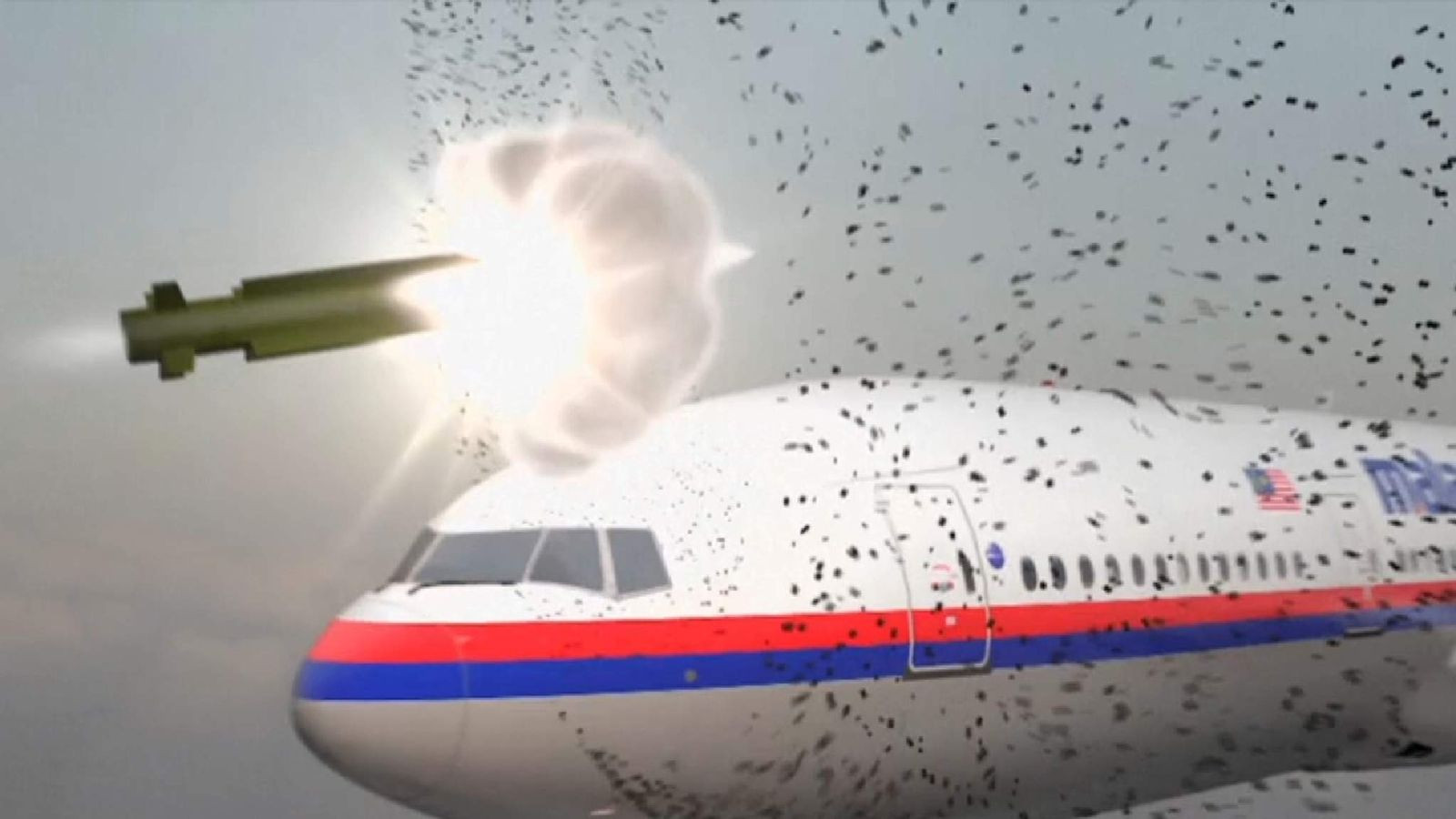 |
| Russia denies information that the MH17 accident was caused by a missile belonging to its military. Photo: Internet |
On July 17, 2014, Boeing 777 flight MH17 carrying 298 passengers and crew en route from Amsterdam (Netherlands) to Kuala Lumpur (Malaysia) was shot down in the sky over Eastern Ukraine. On May 24, the Joint Investigation Team (JIT) including representatives from the Netherlands, Australia, Malaysia, Belgium and Ukraine determined that the missile that shot down MH17 belonged to the Russian military. Immediately, the European Union and the North Atlantic Treaty Organization (NATO) demanded that Russia take responsibility for the accident.
And Russian leader Vladimir Putin's response when asked whether the missile that shot down MH17 belonged to Russia was "Of course not." President Putin said that Russia could not fully trust the Dutch conclusion because Moscow did not participate in the investigation process. Meanwhile, the Russian Defense Ministry said that the missile that shot down MH17 could belong to the Ukrainian military.
In another development related to the mysterious disappearance of Malaysia Airlines flight MH370 while en route from Beijing to Kuala Lumpur on March 8, 2014, on May 23, Australia denied information that MH370 disappeared due to the pilot's intentional suicide.
Previously, according to Canadian air accident investigator Larry Vance, Captain Zaharie Ahmad Shah flew along the border of Malaysia and Thailand, repeatedly flying in and out of each country's airspace to cause chaos. The captain then deliberately piloted the plane into the sea to commit suicide, leading to the deaths of 238 other people on board. However, the Australian Transport Safety Board said that the above hypothesis is unfounded because in the final minutes of the ill-fated plane, the pilot was unconscious.
3. Iran sets conditions to continue staying in the nuclear deal
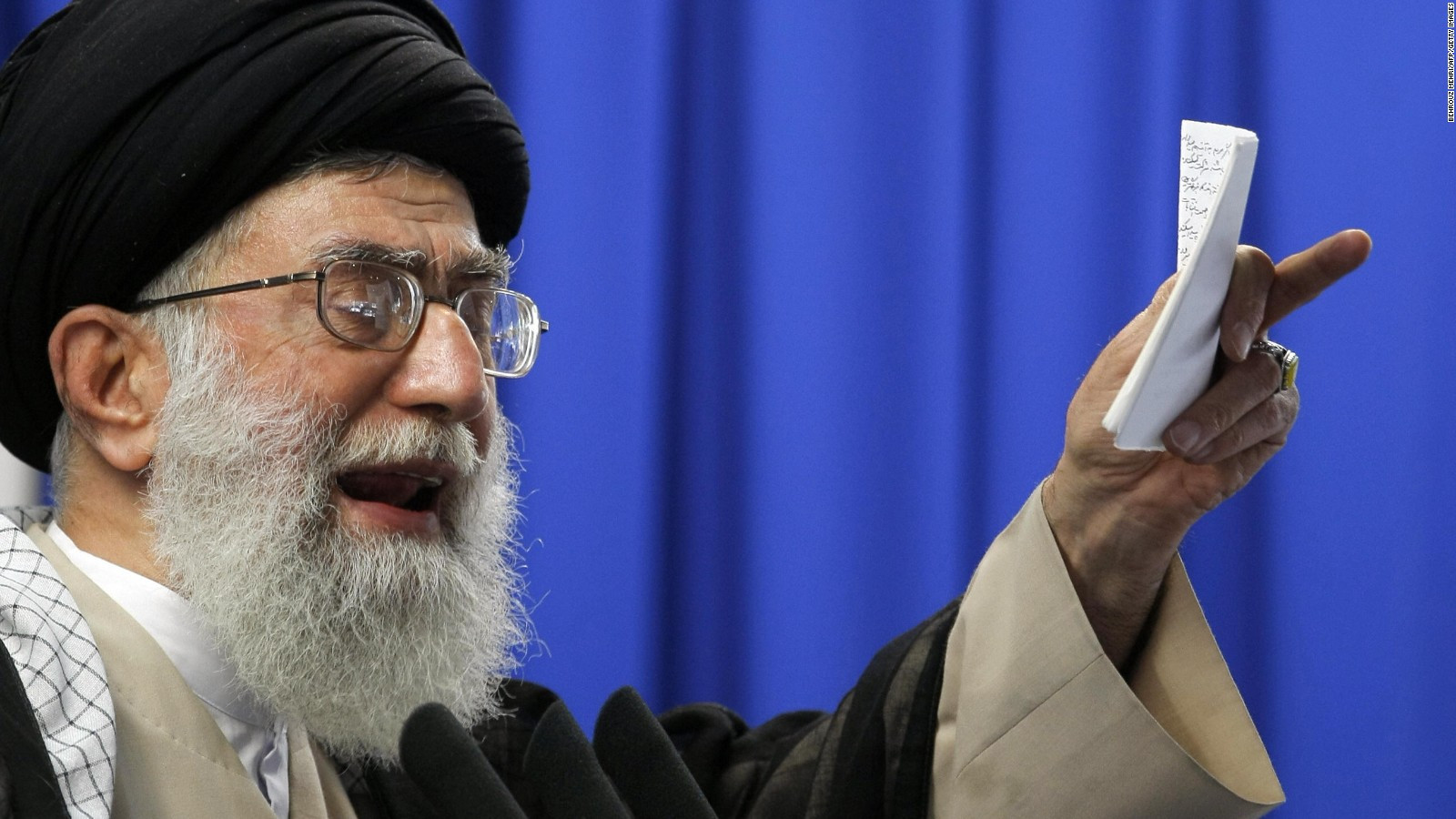 |
| Iran has set conditions to continue to stay with the nuclear deal signed in 2015, after the US announced its withdrawal from the agreement. Photo: Internet |
On May 24, Iran presented a list of seven conditions that must be respected if it does not want to see the country leave the 2015 nuclear deal.
Iran's Supreme Leader, Ayatollah Ali Khamenei, has asked European powers to guarantee Iran's oil trade and continue buying its oil. These powers, including Britain, Germany and France, must also pledge not to seek to reopen negotiations on Iran's ballistic missile program and regional policy. According to Ayatollah Ali Khamenei, Europe must fully guarantee Iran's oil trade. If the US imposes sanctions on oil trade, Europe must compensate and buy Iranian oil.
For its part, after announcing its withdrawal from this historic agreement, US State Department spokeswoman Heather Nauert stressed that Washington does not seek regime change in Iran, and that the people must decide on the country's future. This was in response to Secretary of State Mike Pompeo's earlier statement that the Iranian people should choose "the government they want", otherwise, the US would continue to take a tough stance towards Tehran. "I think Pompeo said that for the Iranian people... Our policy is not regime change," Heather Nauert said. According to Sputnik, the US side also reiterated traditional accusations against Iran such as human rights violations, affirming the "growing level of frustration" of Iranians with their government.
4.US-China disagreement likely to deepen
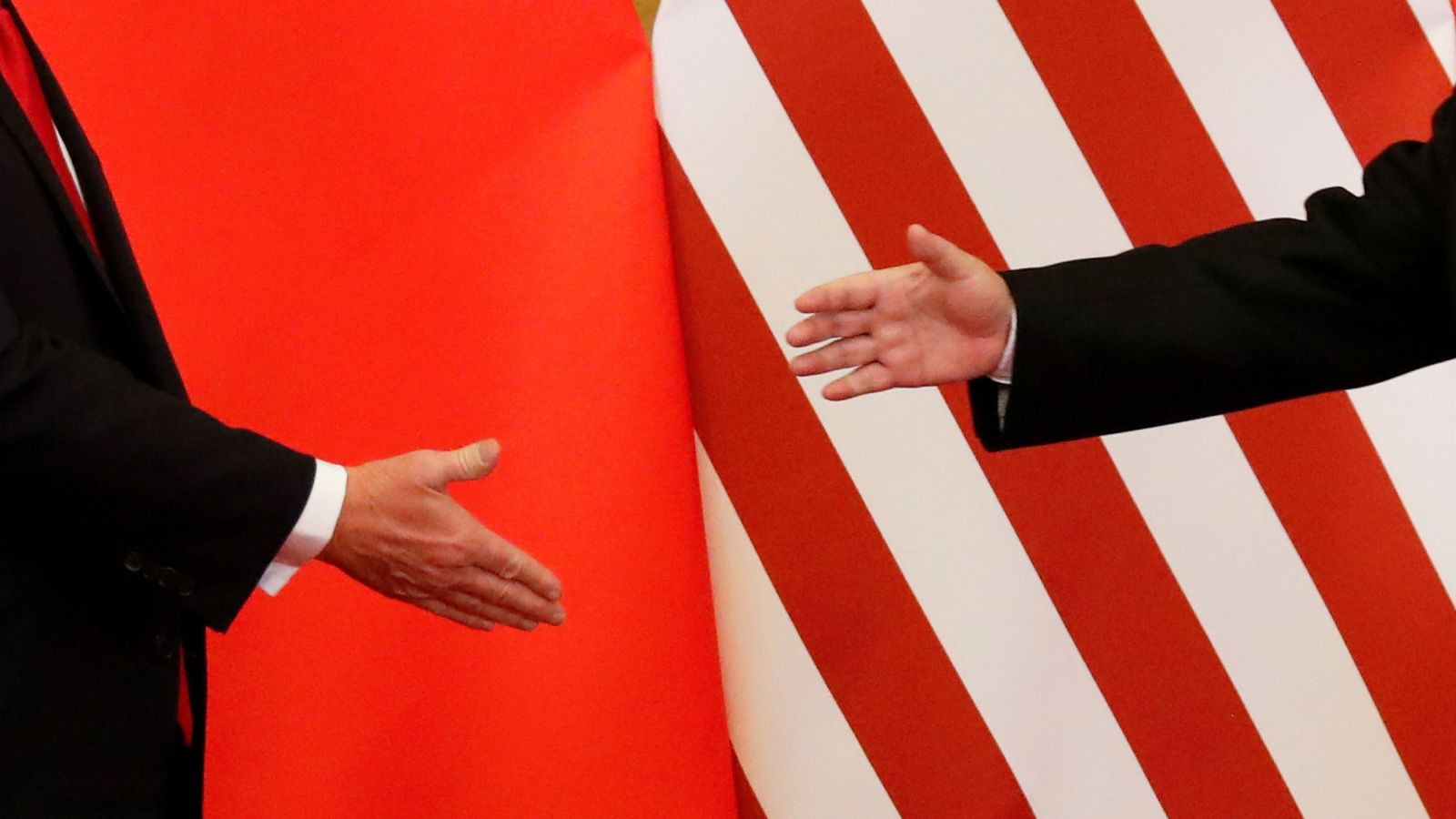 |
| US-China relations may become more tense in the coming time. Photo: Reuters |
This week, the US and China have been at loggerheads over the South China Sea. The Pentagon has withdrawn an invitation for China to participate in the Rim of the Pacific (RIMPAC) naval exercises in Hawaii, and Beijing has stepped up pressure on Taiwan, a self-ruled island that Washington has armed but Beijing claims sovereignty over.
In an interview with Nghe An Newspaper, Associate Professor, PhD, Major General Le Van Cuong - former Director of the Institute of Strategy and Science of the Ministry of Public Security, said that China's goal of sending strategic bombers to Hoang Sa is to dominate and control the entire East Sea, and at the same time warn all countries that the activities of ships passing through the East Sea are closely monitored by China, and when necessary, they are ready to open fire. In addition, China militarizes the East Sea to prevent and push the US out of this area, turning the East Sea into an area under China's influence.
General Cuong emphasized that Vietnam and the international community must speak out in protest, relying on the strength of the international community to be able to deter further actions by China.
Meanwhile, the director of the China Institute for WTO Studies at the University of International Business and Economics in Beijing commented that the collapse of the US-North Korea summit has added uncertainty to the US-China trade relationship. Analysts said that the tension in the relationship could see Washington take a tougher stance on issues that seem sensitive in Beijing.
5. Syria drives IS out of Damascus
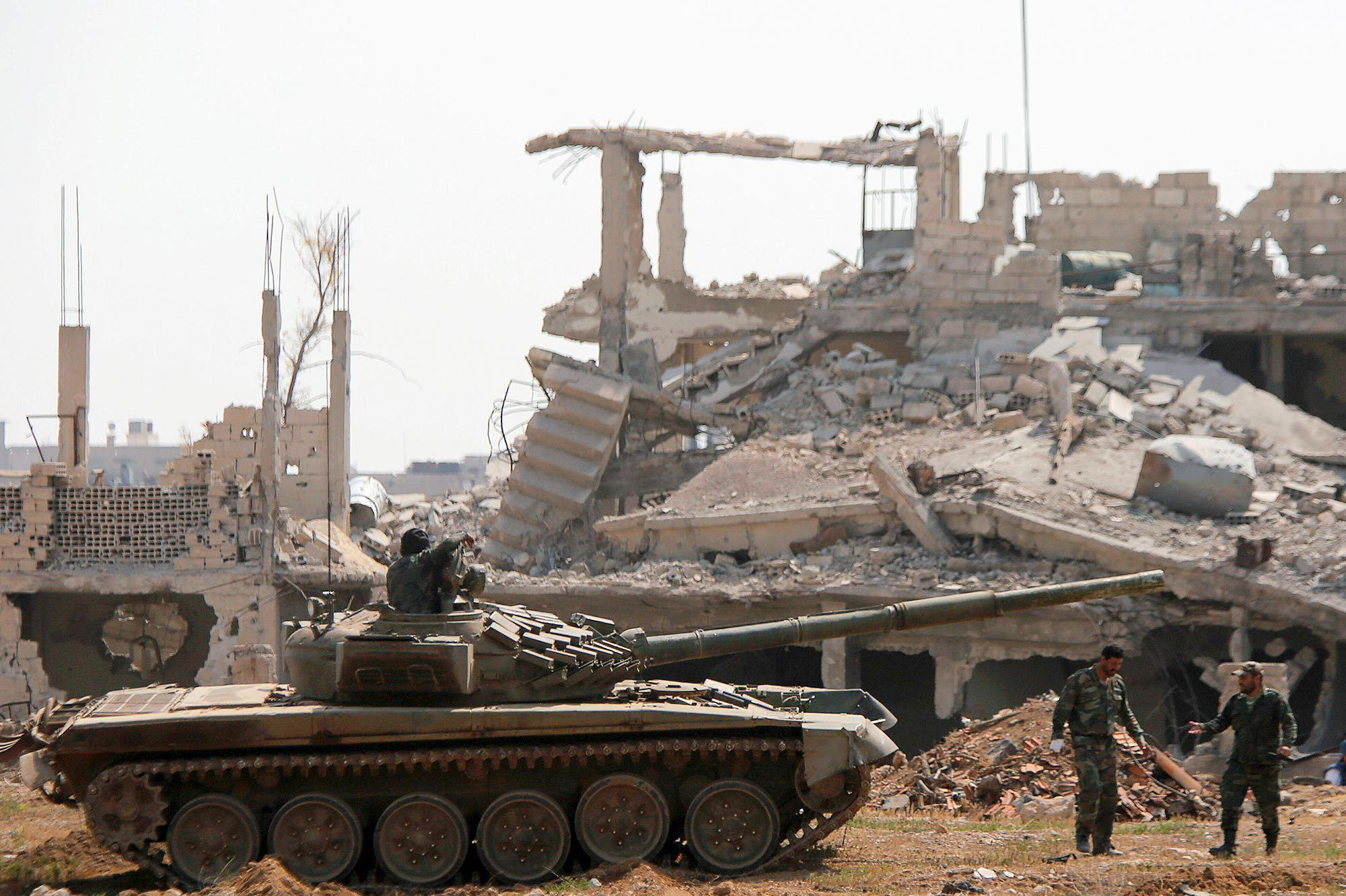 |
| The Syrian army declared Damascus safe after destroying the IS hideout. Photo: RT |
Syria announced on May 21 that its army had driven the Islamic State (IS) group out of the capital Damascus and its suburbs, marking a major turning point in the conflict that has lasted more than seven years. For the first time, the Syrian government can ensure that Damascus and its suburbs are no longer under any military threat.
In an effort to regain control of areas around the capital, the Damascus government has signed disengagement agreements with rebel forces, providing safe passage for rebels and their families, mainly to northwestern Syria. Over the past two months, some 110,000 people have fled to this area and rebel-held areas of Aleppo.
However, the potential risks remain a major challenge for the Damascus government. The civil war in Syria, due to outside intervention, has become a complex and unpredictable crisis. The developments on the "Syrian chessboard" currently depend on many factors. The door to peace in the Middle Eastern country will only be opened if crisis resolution measures focus on promoting dialogue, ending conflicts and avoiding outside intervention.

